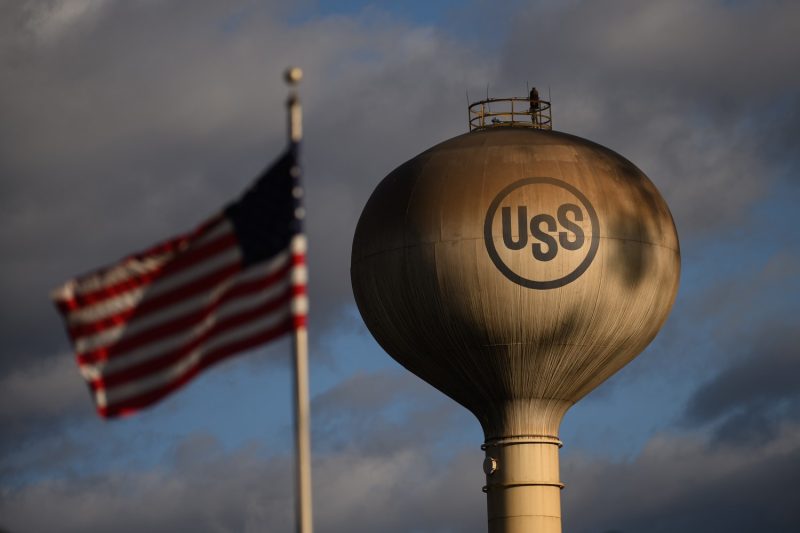In a recent move that underscores the Biden administration’s commitment to safeguarding American economic interests, President Joe Biden is considering blocking the sale of U.S. Steel to a Japanese company. The proposed acquisition has stirred concerns among policymakers and industry experts, citing potential risks to national security and economic competitiveness.
The American steel industry has long been a cornerstone of the nation’s economy, providing essential materials for infrastructure, manufacturing, and defense. With companies like U.S. Steel playing a vital role in meeting domestic demand for steel products, any foreign acquisition of such a strategic asset raises red flags.
The decision to block the sale comes at a critical juncture when the United States is grappling with challenges related to trade imbalances, supply chain vulnerabilities, and geopolitical tensions. By exercising its authority to intervene in cross-border acquisitions, the U.S. government signals its intent to protect key industries from undue foreign influence and ensure a level playing field for American companies.
Furthermore, the Biden administration’s stance on the U.S. Steel sale reflects a broader policy shift towards a more assertive approach to trade and investment issues. In an era marked by increasing competition between major global powers, the United States is reevaluating its economic relationships with foreign entities to prioritize national interests and security concerns.
Critics of the proposed acquisition argue that allowing a Japanese company to take control of U.S. Steel could lead to technology transfer and intellectual property risks. With steel being a crucial component in sectors ranging from construction to defense, ensuring that domestic capabilities remain robust is paramount for safeguarding the nation’s economic resilience and security.
Additionally, concerns have been raised about the potential impact on American jobs and the broader industrial base. A foreign takeover of a prominent steelmaker like U.S. Steel could result in workforce reductions, plant closures, and shifts in production overseas, undermining the domestic steel industry’s competitiveness and overall economic vitality.
As the Biden administration weighs its options in response to the proposed sale, the outcome of this decision will likely have far-reaching implications for the future of the U.S. steel sector and the broader industrial landscape. By taking a firm stand on protecting critical domestic industries, the government sends a clear message that it will not compromise on national security and economic sovereignty in the face of foreign pressures.
